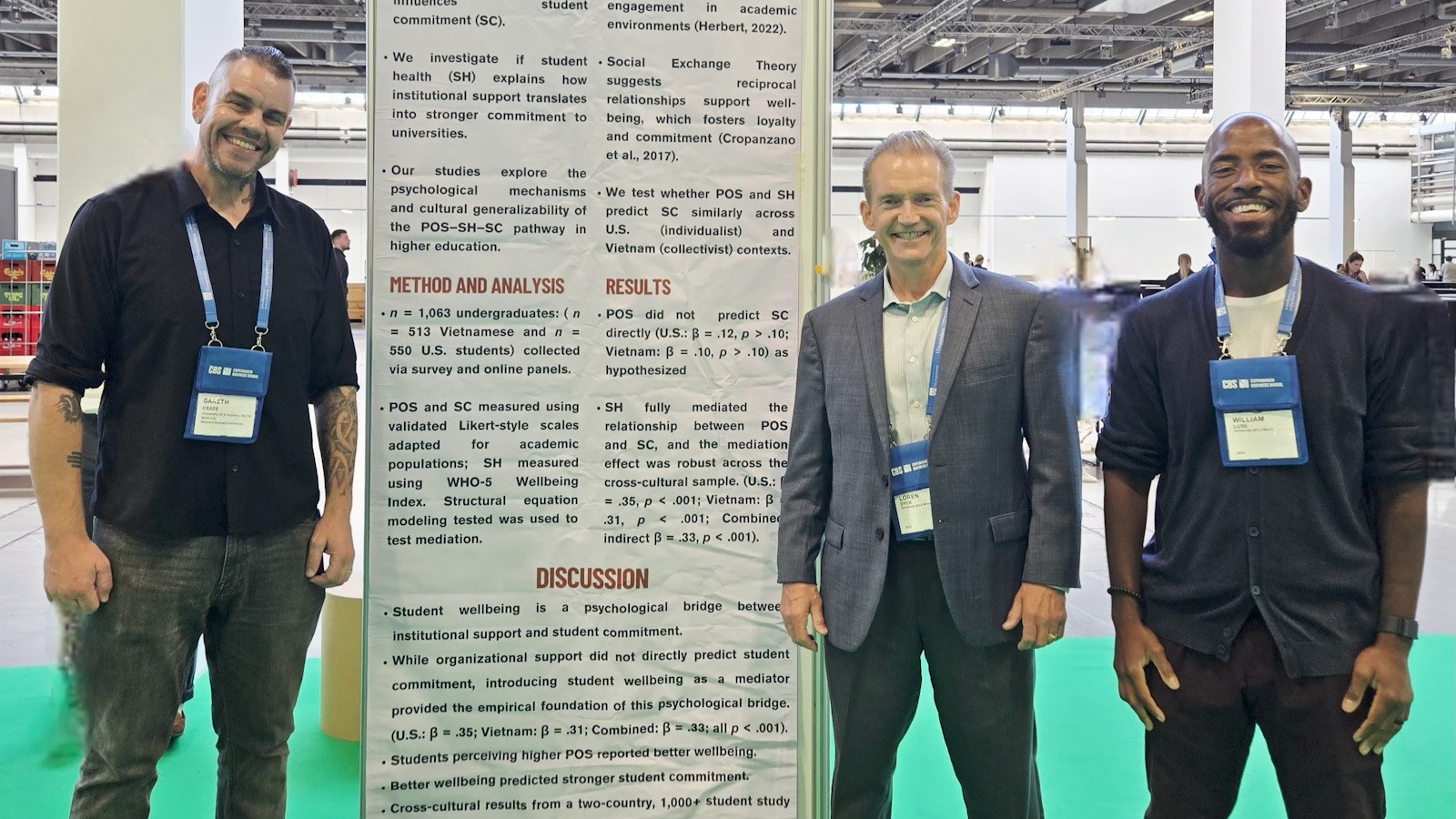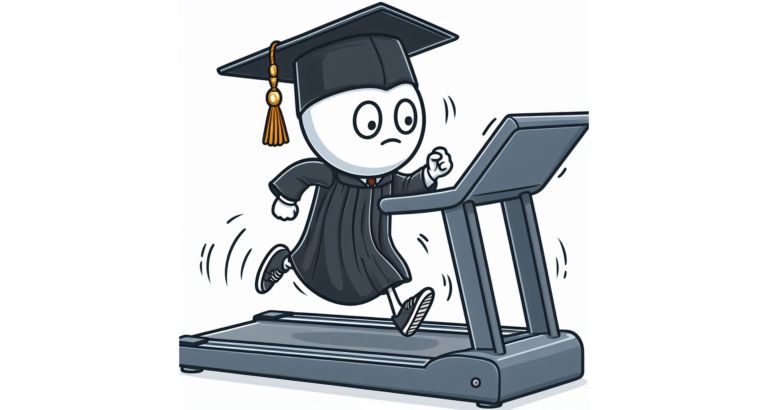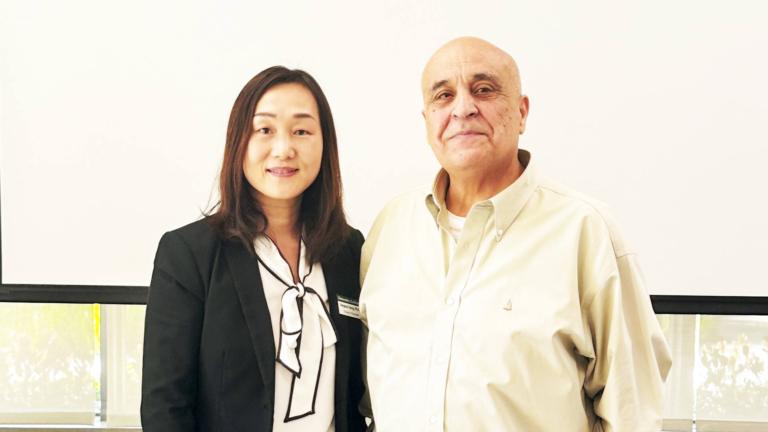New research sheds light on why students stick with college

A new study by Drs. Gareth Craze, Loren Dyck, and William Luse explored whether students who feel confident about their ability to exercise regularly also feel more committed to their university. The researchers studied over 1,300 college students from both the United States and Vietnam to understand this connection.
Exercise Self-Efficacy refers to how confident you feel about your ability to stick with an exercise routine, even when life gets busy, you’re feeling unmotivated, or obstacles get in your way. It’s essentially your belief that you can maintain physical fitness despite challenges.
Student Commitment measures how satisfied students are with their university, how much they feel they belong there, their impression of the education quality, and whether they would choose to attend the same school again if given the choice.
The researchers discovered something surprising: the relationship between exercise confidence and university loyalty isn’t straightforward—it depends heavily on cultural background. In their first study with American students, they found that students with higher exercise confidence actually reported lower commitment to their university. This was unexpected and contrary to what they initially predicted.
However, when they studied Vietnamese students, the opposite was true: students with higher exercise confidence showed greater commitment to their university. A third study with a diverse group of American students confirmed the positive relationship and revealed that cultural values about individualism versus collectivism play a crucial role in this connection.
Why does confidence in your exercise routine have such different effects?
There are several possible explanations for these results. Building confidence in your ability to maintain healthy habits like exercise might influence how you feel about your school—but in different ways depending on your cultural background. In more individualistic cultures, students with high exercise confidence might feel more self-reliant and less dependent on their institution. In collectivistic cultures, that same confidence might strengthen their connection to the university community.
For universities struggling with student retention, the findings suggest that promoting physical fitness programs could be a strategic tool for building stronger student loyalty, but these programs need to be tailored to the cultural context of their student body.
Dr. Gareth Craze is a senior lecturer in organizational behaviour, leadership, and management at the International School of Business, University of Economics Ho Chi Minh City and Western Sydney University, specializing in cross-cultural business studies. Dr. Loren Dyck is a professor of management at the University of La Verne who studies student wellness and the factors that drive sustained, desired change. Dr. William Luse is an associate professor of management at the University of La Verne, focused on how workplace and educational relationships affect student engagement and retention. This research was supported by the Randall Lewis Center Faculty Research Fellowship.
Gareth CrazeLoren R. DyckWilliam Luse; Vietnamese and American student commitment: the impact of exercise self-efficacy and collectivism. Journal of Asian Business and Economic Studies 2025; https://doi.org/10.1108/JABES-01-2025-0001

